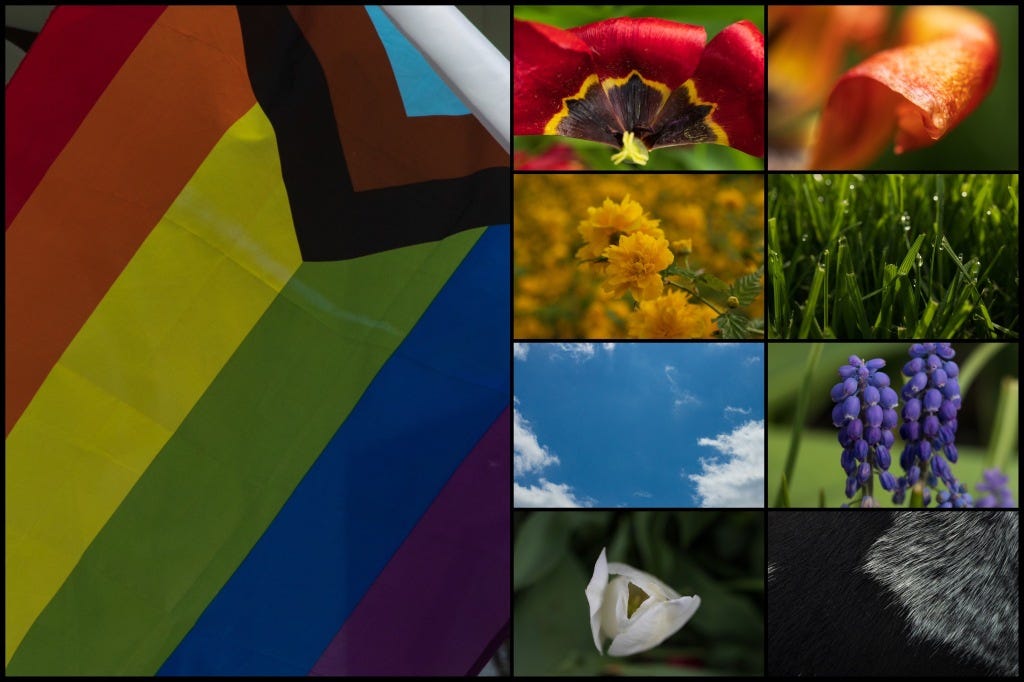The Sacramental Inclusive Generosity of God
This past Tuesday, I was reminded that it has been nearly three years since Rachel Held Evans died. There’s a twinge of grief every time I am reminded of the deep wisdom and truth she shared and remembering that there was so much more she had to share with the world. This spoke to me on Tuesday as I read Richard Rohr’s daily email (this week with a focus on finding the sacramental all around us) and he quoted RHE from her book, Searching for Sunday: Loving, Leaving, and Finding the Church.
She wrote:
Indeed, the word sacrament is derived from a Latin phrase which means “to make holy.” When hit with the glint of love’s light, even ordinary things become holy. And when received with open hands in the spirit of eucharisteo, the signs and wonders of Jesus never cease. The 150-plus gallons of wine at Cana point to a generous God, a God who never runs out of holy things. This is the God who, much to the chagrin of Jonah, saved the rebellious city of Nineveh, the God who turned five loaves of bread and a couple of fish into a lunch to feed five thousand with baskets of leftovers to spare. This God is like a vineyard manager who pays a full day’s wage for just one hour of work, or like a shepherd who leaves his flock in search of a single lamb, or like a father who welcomes his prodigal son home with a robe, a ring, and a feast.
We have the choice, every day, to join in the revelry, to imbibe the sweet wine of undeserved grace, or to pout like Jonah, argue fairness like the vineyard employees, resent our own family like the prodigal’s older brother. At its best, the church administers the sacraments by feeding, healing, forgiving, comforting, and welcoming home the people God loves. At its worst, the church withholds the sacraments in an attempt to lock God in a theology, a list of rules, a doctrinal statement, a building.
But our God is in the business of transforming ordinary things into holy things, scraps of food into feasts and empty purification vessels into fountains of fine wine. This God knows his way around the world, so there’s no need to fear. . . . There’s always enough—just taste and see. There’s always and ever enough.Rachel Held Evans, Searching for Sunday: Loving, Leaving, and Finding the Church (Nashville, TN: Nelson Books, 2015), 155–157.
Scout and I headed out a little while later and I started walking down a street in our town where most of the houses fly this flag celebrating diversity and inclusion. Many on this street began flying this flag after one neighbor’s flag was torn down, ripped up, and burned a year or so ago. As I saw these many flags flying outside my neighbors’ houses, I noticed the colors not only on the flags but in the creation all around me. I saw it in the many tulips in bloom, bright yellow flowers, a stunningly blue sky, purple flowers, a nearly-opened white tulip, and the speckling black and white of Scout’s fur. Each of these things beautiful, each of them holy, each of them sacramental, each of them abundant. It was like seeing that message of inclusion and generosity all around.
I heard RHE’s words once again as I took all of this in...”There’s always enough - just taste and see. There’s always and ever enough.” And I would add...there's always more room at the table.


